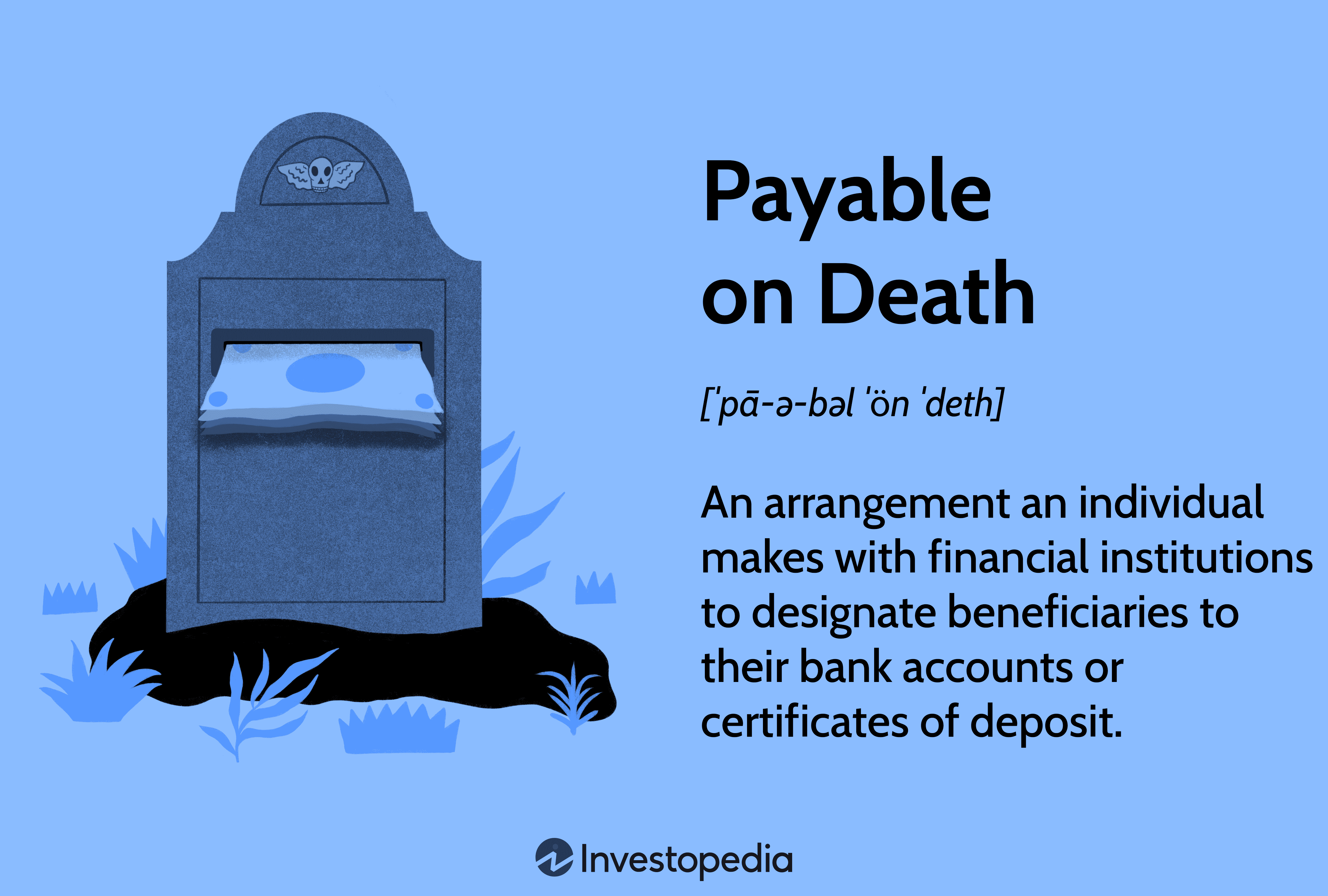
Payable On Death form is not legally recognised in Nigerian banks
By Abimbola Mohammed
Against the backdrop of the said Payable On Death (POD) form rumoured to be available in Nigerian banks as an option for individuals with bank accounts to give their loved ones access to operate their personal accounts and have access to the funds after demise, banks in Nigeria have debunked the claim saying that it is not legally recognised in the country.
According to the stories making rounds on social media platforms, if a customer fills the POD form while opening a bank account, it gives the family right to continue operating the account as long as the original owners of the account made a member of his/her family signatory to the account or has someone as their Next-of-Kin. However, some professional bankers have faulted the story saying the only way children or families of a deceased person can have access is through legal means. They said that public has constantly misunderstood the implication of the appointment of a Next-of-Kin to legal documents.
“People think once a person is appointed as Next-of-Kin, it automatically gives him or her the right to inherit whatever property the appointer has upon his or her demise,” a banker who simply identified himself as James said
He noted that the belief and understanding of the term have made many people shy away from the need to make a will, on the assumption that mere mention of their Next-of-Kin suffices when they die. “This is because they think that appointing a Next-of-Kin is a way of endorsing a beneficiary,” he added
In an interview with a bank’s Branch Manager, who would like to be addressed as Gbenga, he noted that banks in Nigeria do not recognize the word Next-of-Kin as rights to operate a deceased person’s accounts or funds in it.
His words: “The POD is not legally available in Nigeria; there is nothing like payable on death here. The law in Nigeria for a deceased is that you go through what we call Letter of Administration, which can be obtained at the Probate court. Now, if the deceased died with or without a will, the family will have to approach the court to get the Letter of Administration. It is the letter that will be presented to the bank with a death certificate and the will for them to have access to the funds. If there is no will the family gets the letter and death certificate and decides on whom to present at the bank to be the signatory of the bank account and such account will be converted to what is called Estate Account if it was a single account.”
He explained further that in the case where no one lays claim on a deceased account, the bank after 10 years of no activity on such an account then moves the funds in such an account to what is called legacy account and closes down the main accounts, because for banks to keep an account running, they spend money.
“For any account that no one lays claims to, what the banks do after 10 years is to move the account to Legacy account. What I mean by Legacy account is the banks have an internal account that houses funds that are not functional. The bank is not doing business with the fund and it’s just there. So, even if it takes the family members 20 years before they discover or realize that their demised family has money in an account with a particular bank they can visit the bank and present the necessary documents. The bank will then trace the data of the customer and retrieve the fund from the legacy account and give it to the family whose name is on the document presented.”
Speaking on bank charges on accounts that are not active for years, he mentioned that the only reason there will be charges on such accounts will be if the owner of the account before his demise was indebted to the bank, then the interest from the debt will continue to accumulate until a certain number of years.
The bank chief stressed that in case the deceased family shows up to claim the account after the loan has been written off, they will have to pay back the loan. He, however, added that, “on rare cases do you see a typical Nigerian who comes to pay back a loan that was incurred by their loved ones.”



Comment
No comments found.